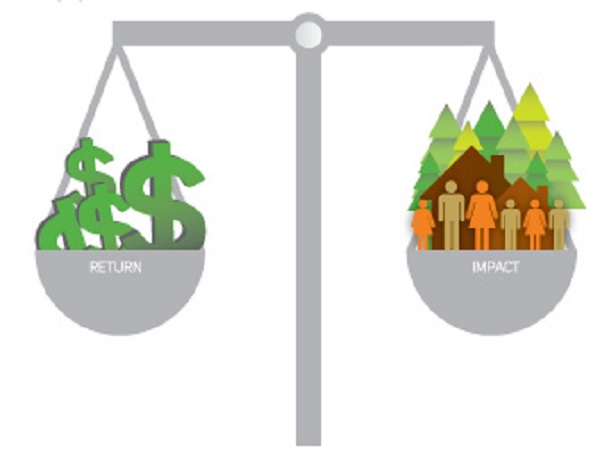
Socially responsible and impact investing have gained significant traction as more investors seek to align their financial goals with their values. These forms of investing not only aim for financial returns but also strive to generate positive social and environmental impacts. The core principles of socially responsible and impact investing revolve around Environmental, Social, and Governance (ESG) criteria, sustainability, ethical standards, and a focus on positive impact.
Environmental, Social, and Governance (ESG) Criteria
At the heart of socially responsible and impact investing are ESG criteria. These criteria provide a framework for evaluating a company's operations and their broader impact. Environmental criteria assess how a company manages its environmental responsibilities, including its use of natural resources, waste management, and efforts to combat climate change. Social criteria evaluate a company’s relationships with employees, suppliers, customers, and the communities where it operates, focusing on issues like labor practices, community engagement, and human rights. Governance criteria examine a company’s leadership structure, executive compensation, internal controls, and shareholder rights. Companies that score well on ESG criteria are considered to be better managed and more sustainable in the long term, making them attractive to socially conscious investors.
Sustainability
Sustainability is a fundamental principle of socially responsible and impact investing. Investors prioritize companies that are committed to sustainable practices, which ensure that their operations do not deplete resources or harm the environment. Sustainable companies typically adopt practices that reduce their carbon footprint, utilize renewable energy sources, minimize waste, and focus on long-term environmental stewardship. By investing in such companies, investors support a transition to a more sustainable economy, mitigating environmental risks and promoting a healthier planet.
Ethical Standards
Ethical standards play a crucial role in socially responsible investing. This principle involves aligning investment choices with personal or organizational values and avoiding companies or sectors that engage in unethical practices. For instance, investors might exclude companies involved in industries such as tobacco, firearms, gambling, or those known for poor labor practices or corruption. Ethical investing is about ensuring that the investment portfolio reflects the moral and ethical beliefs of the investor, thus promoting corporate behavior that is in line with broader societal values.
Focus on Positive Impact
A defining feature of impact investing is its focus on generating measurable positive social or environmental outcomes alongside financial returns. Impact investors seek to invest in companies, organizations, and funds that address societal challenges such as poverty, healthcare, education, and climate change. This involves supporting businesses that deliver products or services that improve the quality of life and contribute to sustainable development. For example, investing in renewable energy companies not only provides financial returns but also helps combat climate change by reducing reliance on fossil fuels. Similarly, investing in companies that provide affordable healthcare can improve access to medical services for underserved populations.
In conclusion, socially responsible and impact investing represent a growing trend in the financial world, driven by investors' desire to make a difference while achieving financial success. By adhering to principles such as ESG criteria, sustainability, ethical standards, and a focus on positive impact, investors can contribute to a more sustainable and equitable world. These principles not only help guide investment decisions but also promote corporate practices that are beneficial for society and the environment. As more investors embrace these principles, the potential for meaningful change in the business world and beyond increases, highlighting the powerful role that finance can play in addressing global challenges.